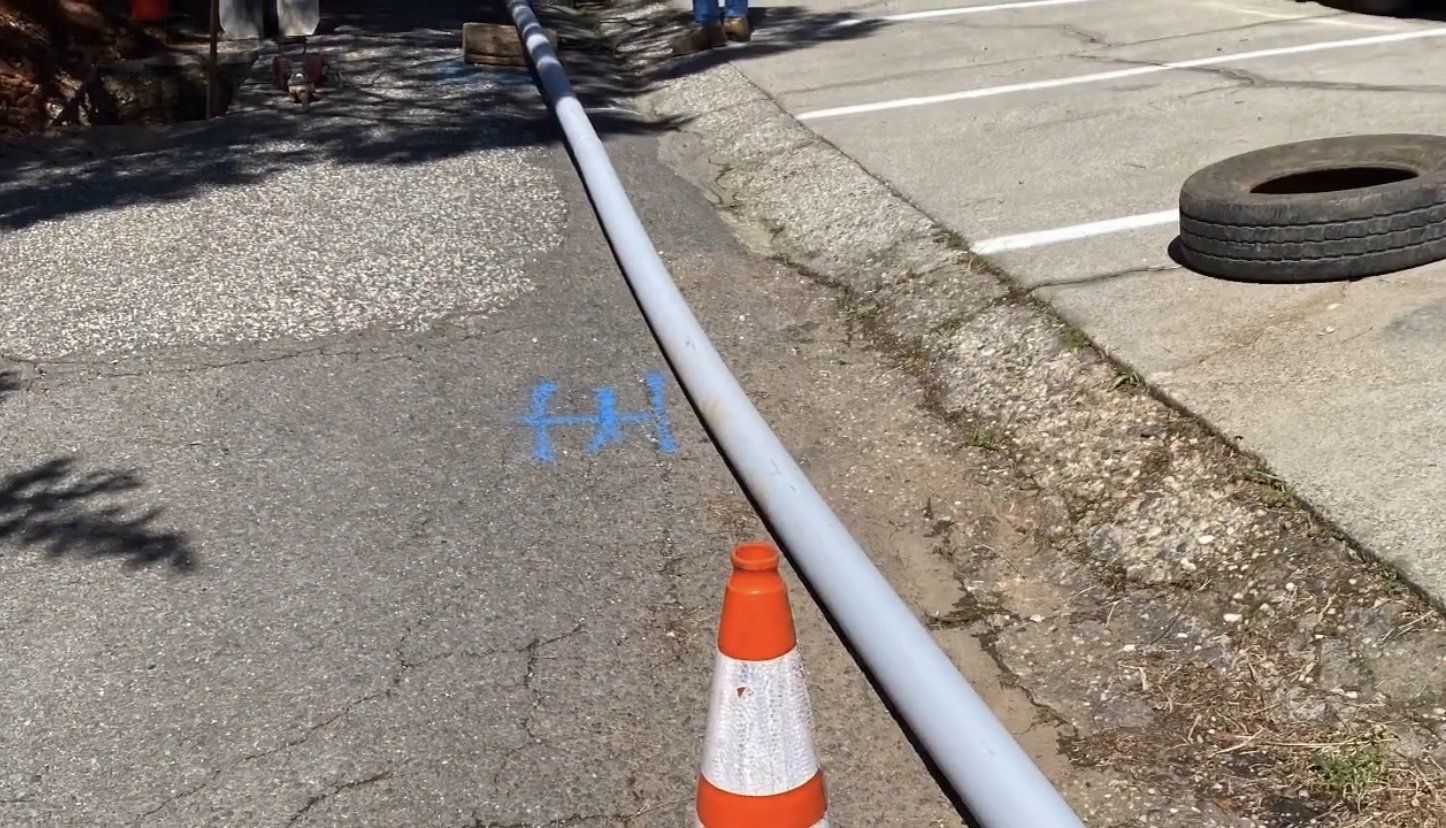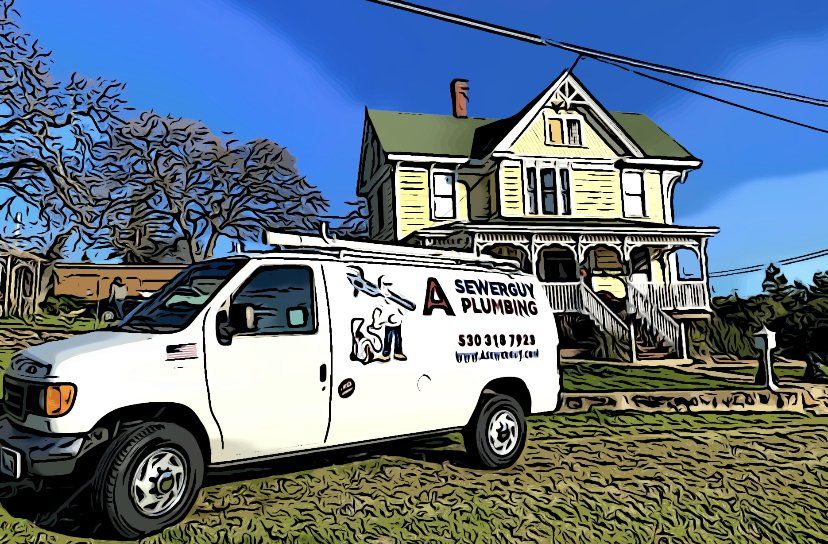By Lexi Klickenburg
•
July 17, 2021
What is a Septic System? A septic system is a type of wastewater treatment and disposal system that is often used in areas where public sewage systems are not available. Typically, these are areas that are rural or on the outskirts of suburban and urban areas. There are many different types of septic systems, depending on factors such as what part of the country you live in, your soil type, how close the house is to specific bodies of water, the slope of your property, and how big your lot is just to name a few. Typically septic systems consist of a watertight tank where raw wastewater from your home (think toilets, showers, and sinks) begins its journey to disposal. These large tanks are buried underground and can be accessed by covers which are called risers. When selling a home with a septic system, it's important to understand the septic inspection process and any specific requirements that may exist in your area. Here are some key points to consider: 1 Local Regulations: Familiarize yourself with the septic system regulations and requirements in your local jurisdiction. Different regions may have specific guidelines regarding septic inspections and certifications. 2 Hire a Qualified Inspector: Engage a licensed and experienced septic system inspector to evaluate the condition of your septic system. Look for professionals with knowledge of local regulations and a track record of thorough inspections. 3 Inspection Components: A typical septic inspection includes assessing the tank, drainfield, distribution box, and other system components. The inspector will check for signs of leaks, proper function, structural integrity, and compliance with local codes. 4 Timeframe: Schedule the inspection well in advance to allow time for any necessary repairs or remedies. Septic inspections may take a few hours or more, depending on the complexity and size of the system. 5 Inspection Report: After the inspection, you should receive a detailed report outlining the condition of the septic system, any identified issues, and recommendations for repairs or maintenance. 6 Required Repairs: If the inspection reveals problems or deficiencies, you may need to address them before selling your home. Repairs could range from simple fixes like replacing a broken component to more extensive work, such as repairing or replacing the drainfield. 7 Local Disclosure Requirements: Understand the disclosure obligations in your area. Some jurisdictions may require you to disclose the condition of your septic system to potential buyers, including recent inspection reports and any known issues. Remember to consult with a local real estate professional or legal advisor for guidance specific to your situation and the regulations in your area. They can provide you with the most accurate and up-to-date information regarding septic inspections when selling your home.

















